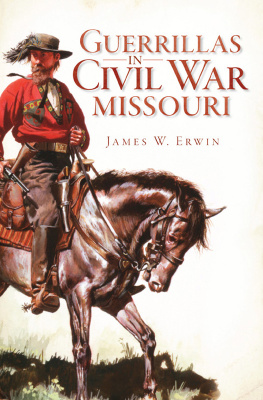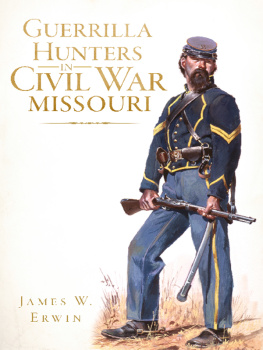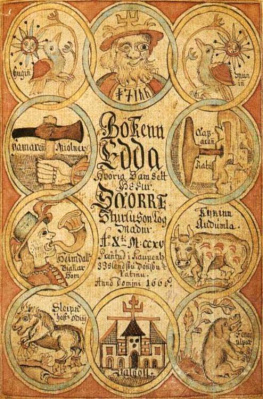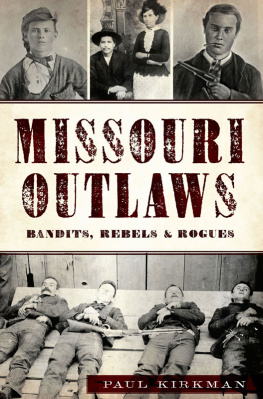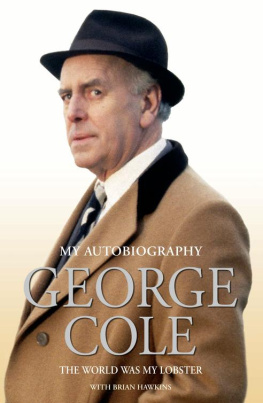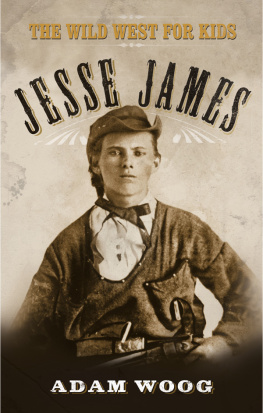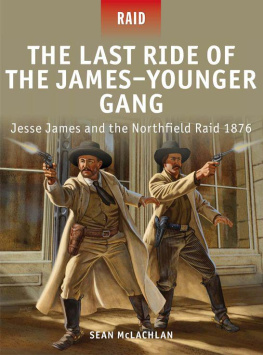Thomas Coleman Younger
The Story of Cole Younger: An Autobiography of the Missouri Guerrilla Captain and Outlaw
Civil War Memories Series
Madison & Adams Press, 2019
Contact
This is a publication of Madison & Adams Press. Our production consists of thoroughly prepared educational & informative editions: Advice & How-To Books, Encyclopedias, Law Anthologies, Declassified Documents, Legal & Criminal Files, Historical Books, Scientific & Medical Publications, Technical Handbooks and Manuals. All our publications are meticulously edited and formatted to the highest digital standard. The main goal of Madison & Adams Press is to make all informative books and records accessible to everyone in a high quality digital and print form.
Table of Contents

Cole Younger
Why This Book Is Here
Many may wonder why an old guerrilla should feel called upon at this late day to rehearse the story of his life. On the eve of sixty, I come out into the world to find a hundred or more of books, of greater or less pretensions, purporting to be a history of The Lives of the Younger Brothers, but which are all nothing more nor less than a lot of sensational recitals, with which the Younger brothers never had the least association. One publishing house alone is selling sixty varieties of these books, and I venture to say that in the whole lot there could not be found six pages of truth. The stage, too, has its lurid dramas in which we are painted in devilish blackness.
It is therefore my purpose to give an authentic and absolutely correct history of the lives of the Younger Brothers, in order that I may, if possible, counteract in some measure at least, the harm that has been done my brothers and myself, by the blood and thunder accounts of misdeeds, with which relentless sensationalists have charged us, but which have not even the suggestion of truth about them, though doubtless they have had everything to do with coloring public opinion.
In this account I propose to set out the little good that was in my life, at the same time not withholding in any way the bad, with the hope of setting right before the world a family name once honored, but which has suffered disgrace by being charged with more evil deeds than were ever its rightful share.
To the host of friends in Minnesota and Missouri who have done everything possible to help my brother and myself during the last few years, with no other object than the love of doing good and aiding fellow creatures in suffering, I wish to say that I shall always conduct myself so that they will never have the least cause to regret having championed our cause, or feel any shame in the friendship so generously proven to us. Nothing lies deeper in my heart than the gratitude I feel to them all, except a desire to prove myself worthy.
In the two states named these friends are too numerous for me to mention each of their names, but among those in Missouri who traveled long journeys to Minnesota to plead my cause, even though they knew it to be unpopular in many quarters, I wish to especially thank Col. W. C. Bronough of Clinton, Capt. Steve Ragan, Colonel Rogers of Kansas City and Miss Cora MacNeill, now Mrs. George M. Bennett of Minneapolis, but also formerly of Kansas City.
In concluding these remarks, I wish to say that from cover to cover there is not a statement which could not be verified.
Yours Truly,
COLE YOUNGER
Lee's Summit, Mo.
Chapter I
Boyhood Days
Political hatreds are always bitter, but none were ever more bitter than those which existed along the border line of Missouri and Kansas during my boyhood in Jackson county in the former state from 1856 to '60. These hatreds were soon to make trouble for me of which I had never dreamed.
Mine was a happy childhood. I was the seventh of fourteen children, but my father had prospered and we were given the best education the limited facilities of that part of the West then afforded.
My people had always been prominent, politically. It was born in the blood. My great grandmother on my father's side was a daughter of Lighthorse Harry Lee, whose proud memory we all cherish. The Youngers came from Strasburg, and helped to rule there when it was a free city. Henry Washington Younger, my father, represented Jackson county three times in the legislature, and was also judge of the county court. My mother, who was Bursheba Fristoe of Independence, was the daughter of Richard Fristoe who fought under General Andrew Jackson at New Orleans, Jackson county having been so named at my grandfather Fristoe's insistence. Mother was descended from the Sullivans, Ladens and Percivals of South Carolina, the Taylors of Virginia and the Fristoes of Tennessee, and my grandfather Fristoe was a grand nephew of Chief Justice John Marshall of Virginia.
Naturally we were Southerners in sympathy and in fact. My father owned slaves and his children were reared in ease, though the border did not then abound in what would now be called luxury. The railroads had not reached Jackson county, and wild game was plentiful on my father's farm on Big Creek near Lee's Summit. I cannot remember when I did not know how to shoot. I hunted wild geese when I could not have dragged a pair of them home unaided. But this garden spot was destined to be a bloody battle ground when the nation divided.
There had been scrimmages back and forth over the Kansas line since 1855. I was only a boy, born January 15, 1844. My brother James was born January 15, 1848, John in 1851, and Robert in December, 1853. My eldest brother, Richard, died in 1860. This was before the conflicts and troubles centered on our home that planted a bitterness in my young heart which cried out for revenge and this feeling was only accentuated by the cruelties of war which followed. I refer in particular to the shameful and cowardly murder of my father for money which he was known to have in his possession, and the cruel treatment of my mother at the hands of the Missouri Militia. My father was in the employ of the United States government and had the mail contract for five hundred miles. While in Washington attending to some business regarding this matter, a raid was made by the Kansas Jayhawkers upon the livery stable and stage line for several miles out into the country, the robbers also looting his store and destroying his property generally. When my father returned from Washington and learned of these outrages he went to Kansas City, Mo., headquarters of the State Militia, to see if anything could be done. He had started back to Harrisonville in a buggy, but was waylaid one mile south of Westport, a suburb of Kansas City, and brutally murdered; falling out of his buggy into the road with three mortal bullet wounds. His horse was tied to a tree and his body left lying where it fell. Mrs. Washington Wells and her son, Samuel, on the road home from Kansas City to Lee's Summit, recognized the body as that of my father. Mrs. Wells stayed to guard the remains while her son carried the news of the murder to Col. Peabody of the Federal command, who was then in camp at Kansas City. An incident in connection with the murder of my father was the meeting of two of my cousins, on my mother's side, Charity Kerr and Nannie Harris (afterwards Mrs. McCorkle) with first my father and then a short distance on with Capt. Walley and his gang of the Missouri Militia, whose hands are stained with the blood of my father.


